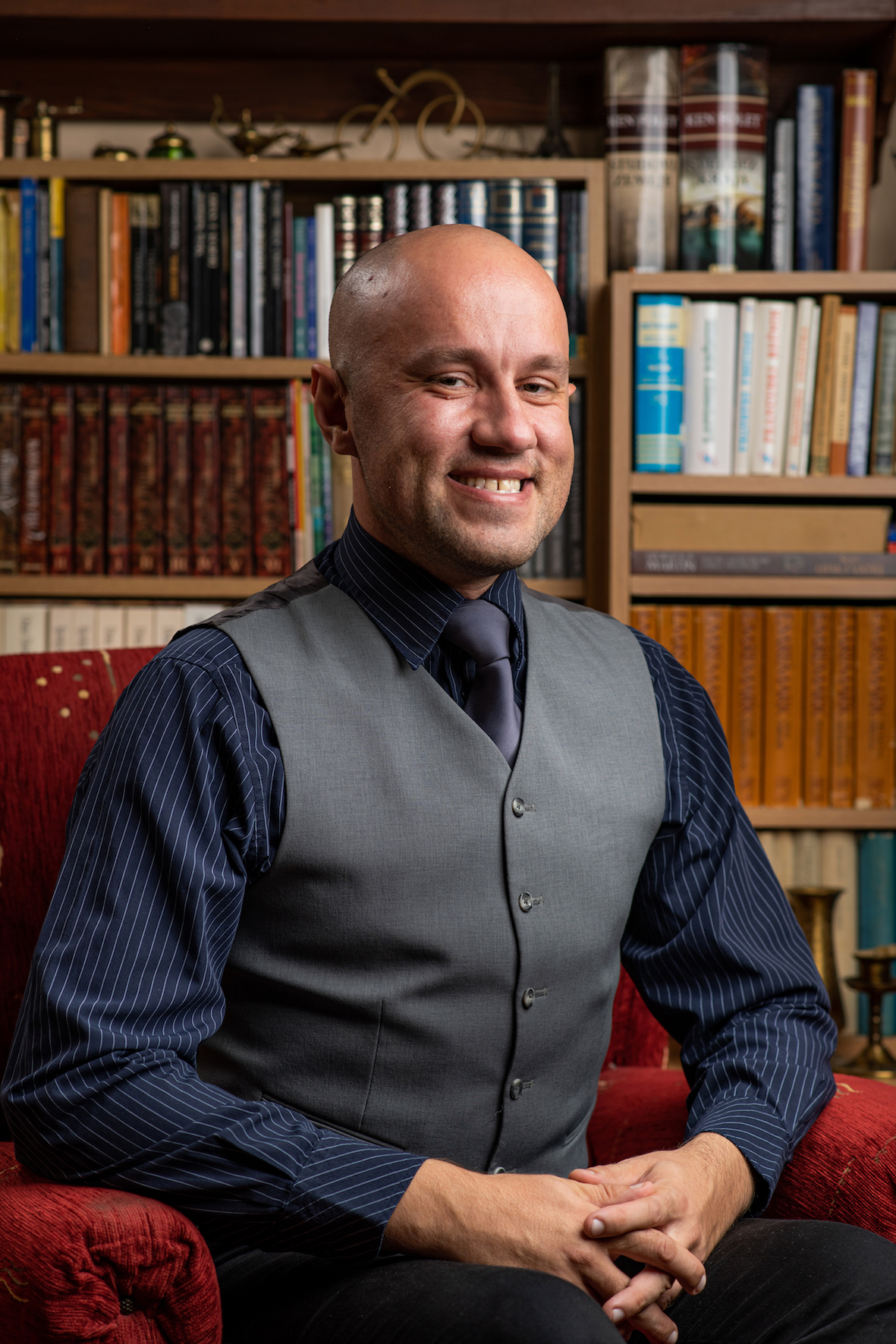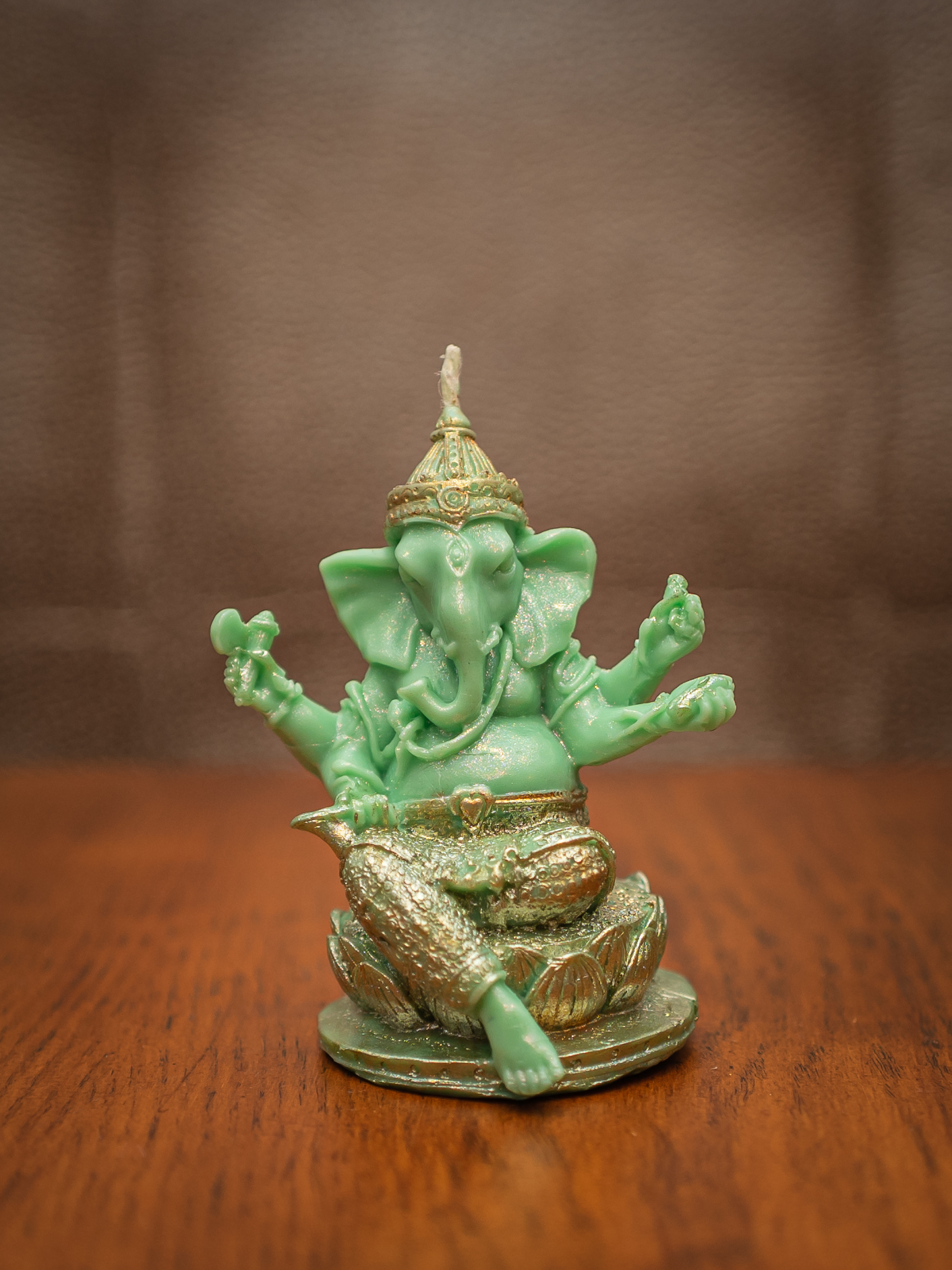Story By: Radenko Suvajac
The elderly used to say: “If you carried a pebble in your pocket for 15 years, you would be sorry for tossing it away.” That is exactly how I felt every time I tried to stop smoking.
There were always days of thinking about it, analyzing and self-analyzing, self-loathing, and self-doubt. That is how every attempt started, only to end with failing to resist cravings, and withdrawals, with the usage of the most creative excuses, as well as a new pack of my favourite brand.
That circle lasted until the day I finally organized the thought patterns in my head. I analyzed stories of people who used to smoke two or three packs a day and who decided to change this habit and take control of their lives. They all had one thing in common – they all went cold-turkey and succeeded.
Some of them were doctors, but most of them were people who lived stressful lives just like any one of us, and what was common to all of them was that they all had been to war (we had a civil war here). I also listened to some people who did not have so extreme experiences, but they decided to move on from that habit. After analyzing all their life stories and their strategies, I came up with this model that works well for me and it can be applied by anyone.
Just as with any other decision you make in life, the key to success in moving from smoking behavior lies in motivation and being honest with yourself about what that motivation really is. Is your motivation healthy? I am convinced that 95% of people who are saying that health is important to them are LYING! NOBODY THINKS ABOUT HEALTH BEFORE THEY GET SICK! Health is important for our lives, but there are very few of us who have the time or will to think about it. Sure, we do talk about it a lot, but most of the time it is on autopilot and those are just the phrases we learned at some point in our life.
The goal of my writing is not to tell you that I discovered some miraculous secret – an easy way of quitting smoking. Rather I am writing to tell you that I, too, have cravings and withdrawals, just like anybody else, but I am able to overcome them by using certain techniques, beliefs, and values that I developed through modeling people who changed this habit.
There are three important points here:
• honesty
• objectivity
• confrontation
Personally, I was irritated by a few things:
• attitude towards smokers: merchants started selling contraband cigarettes, knock offs, and packs that are several years old,
• fact that price of cigarettes has risen by 20% in the last couple of years (when I started smoking, they cost $1, and now they are close to $5, which is a lot considering our standard of living), so I did not want to spend my money on that anymore,
• finally, I did not enjoy smoking anymore. I decided to spend money on something that brings me pleasure.
When I look at this issue objectively, I see that no one wants to suffer. And what is suffering? If we scale discomfort from 1 to 10, where 1 is “I feel very little or no discomfort”, which is easily bearable (like a little itch on the skin), and 10 is totally unbearable (death), we can see that suffering is placed on the scale from 11, 12, 13, and up; in other words, it is only in our imagination.
There is also a lot of negative propaganda surrounding this problem, such as “After the first week you will feel the first crisis and withdrawal symptoms, after a month the second…”, or maybe you heard this, too: “I really don’t know what to do with my hands after I stop…” Anyway, you get the point. Under the influence of all this, our subconscious mind creates limiting beliefs, or false information, that changing this behavior will result in suffering, and our brain prepares the defense system that makes it hard for us to start the process of changing this habit and recovery from addiction.
I developed a series of exercises for which I need only a few minutes a day. I will share some of them here with you.
For example, when I feel discomfort, I tell myself: “OK, I feel some discomfort now; on a scale from 1 to 10, I’ll give it a 6. Is that bearable? Yes! In the same way this discomfort came, it will go away.
Second exercise: Objectivity
This one is about confessing to myself that I am craving for a cigarette, and that is it! I acknowledge that I have a craving, I observe my body to see where I feel it the most, without giving it any other value (such as ”terrible” or ”really bad” or ”horror”), or bullying myself in any other way. I just scale it like 4 and let it pass by itself. When I am sitting around other smokers, I just look at that cigarette objectively, I see it the way it is. I do not describe it in any other way that would give more value to it than it is. I just look at it for a few seconds and I carry on as I was. We call that CONFRONTATION or Facing.
Why is this important?
Because cigarettes are almost unavoidable. They are socially accepted; if you do not have your own, someone will offer you one. And someone is always talking about it, regardless of whether that talk is positive or negative. If someone mentions it, they advertise it. Even this text could serve that purpose. In my experience, the less attention we give to the addiction, the weaker symptoms around it will be.
And one more thing which is also important: always define a goal in a positive way. Instead of a verb quit, use change, for example. “I am smoke-free”, or “I want to breathe fresh air”, or whatever suits your specific personality. Because the brain does not recognize negation. If I tell you NOT to think about the green cow, that is exactly what you are going to think about. If you say: “I will not smoke!“, your brain will only hear: “I will smoke!“ That is because the brain is hardware that only takes commands. Try practicing this, it is also applicable to other areas in life. Try this exercise out and you will see the results immediately.
P.S.
Never judge people who smoke! It is a choice of adult human beings; today they are OK with smoking, tomorrow they may decide to change that behaviour. The less stress and anger you put into this process, the easier it will be.
Ways to Connect with Radenko directly:
Website: https://lionsmethod.com/About.html
Email: suvajacradenko984@gmail.com
Sign up to our newsletter if you want to see more content from The Graceful Boon! By signing up to our newsletter, you'll get an even more in-depth content from yours truly, Stacie Kiselman, who's our Graceful Boon, that you won't want to miss out on.


















